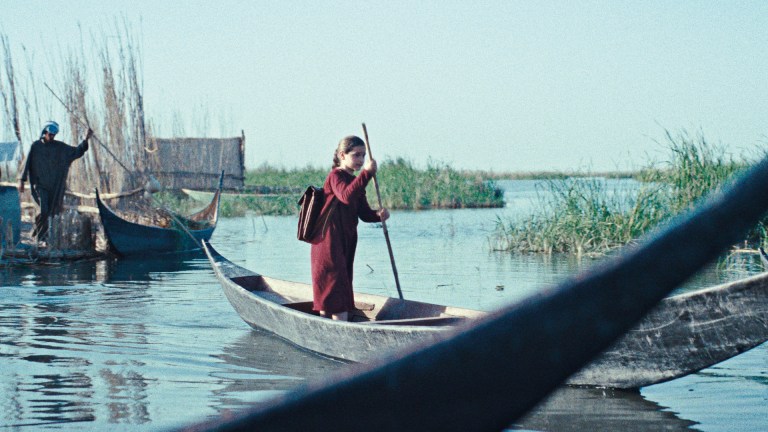This week, the Fantastic Four returned to the big screen in The Fantastic Four: First Steps and – like so many recent movies of this genre – into the centre of America’s ongoing culture war over who gets to be a hero.
If the framing of Superman as an immigrant sparked backlash, in the case of First Steps, it’s gender politics driving the outrage – specifically, the decision to place Sue Storm, Marvel’s first female superhero, front and centre.
For the first time in the team’s film history, Sue isn’t just a member of Marvel’s first family. She’s a competent leader. The film, directed by Matt Shakman, places Sue at the head of the Future Foundation – a fictional think tank responsible for global peace initiatives and scientific progress. In the Marvel Cinematic Universe (MCU), it’s one of the most powerful institutions on the planet. And it’s run by a woman.
Get the latest news and insight into how the Big Issue magazine is made by signing up for the Inside Big Issue newsletter
Critics have accused Marvel of pandering. Comment sections have lit up with complaints about the so-called “M-She-U” – a term used by ‘anti-woke’ commentators to dismiss any shift in focus toward female leads – calling it another example of the MCU “emasculating” its male heroes.
What seems to sting most? That Sue Storm (played by Vanessa Kirby) feels like the leader of the Fantastic Four, a title traditionally held by Reed Richards, aka Mister Fantastic (Pedro Pascal) – the team’s resident genius. In previous iterations, Reed has been portrayed as the intellectual centre of the group – “the smartest man alive”. He still is, but in a recent press interview, director Shakman explained why that doesn’t automatically qualify him as the team’s frontman










